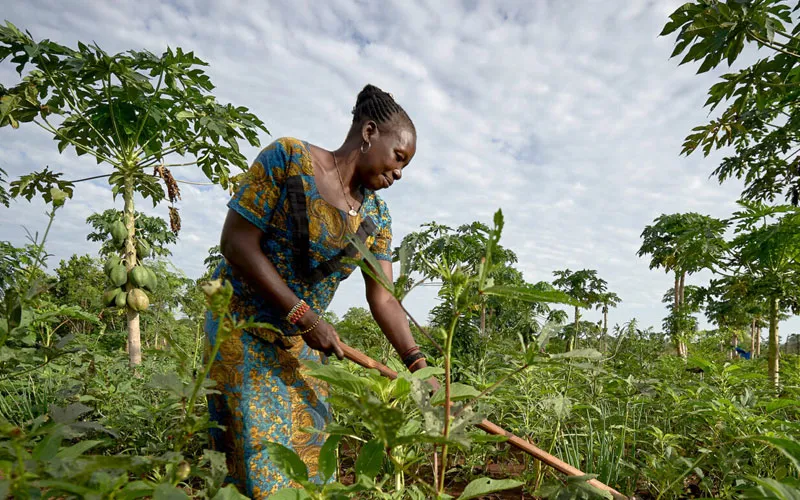Juba, 29 October, 2022 / 9:00 pm (ACI Africa).
Solidarity with South Sudan (SSS) is seeking to partner with “well-wishers worldwide” in view of reaching out to local farmers in the East-Central African nation to address the challenge of food security.
In an interview with ACI Africa, an official of SSS, an initiative of the International Union of Superiors General (UISG) and the Union of Superiors General (USG), established in response to a request from the members of the Sudan Catholic Bishops’ Conference (SCBC), said the partnerships would facilitate the training and empowerment of South Sudanese farmers at the grassroots.
“We as Solidarity with South Sudan need to be supported and we are appealing to well-wishers worldwide, be (they) Church entities, United Nations agencies, or any international body that would like to support the people of South Sudan to overcome the challenge of food insecurity,” SSS Project Manager, Elias Kubayo, said during the October 21 interview.
Mr. Kubayo Added in reference to well-wishers from across the globe, “They should always be willing to support Solidarity with South Sudan by giving us funds to be able to support local food production in this part of the country.”
“Having already shaped a program for input to help local farmers produce local food, we look forward to more funding to be able to intensify the inputs of local food production in the country,” the official of the Catholic entity that runs the Sustainable Agricultural Project (SAP-R) in Riimenze aimed at securing livelihoods further said.








